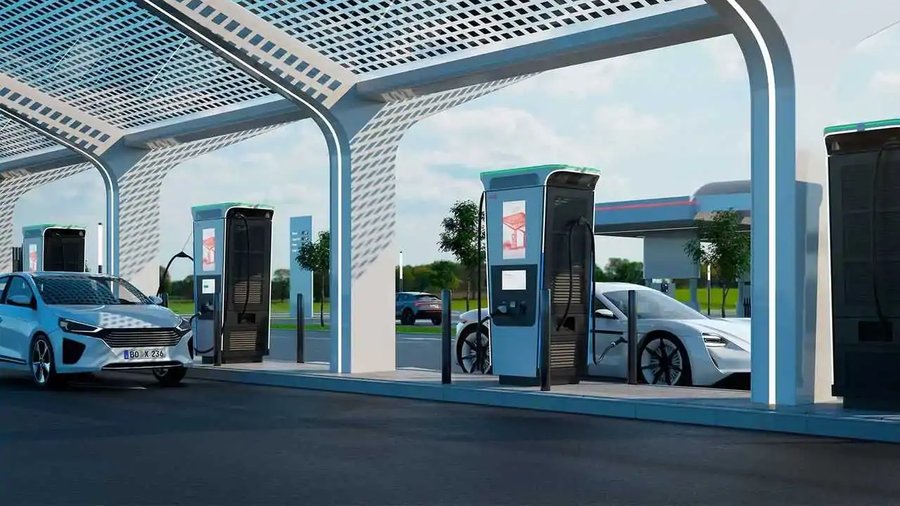New EU Law Mandates EV Fast Chargers Every 37 Miles On Highway

With more and more electric cars and motorcycles hitting the roads, it’s high time that something be done to further bolster fast-charging infrastructure. Sure, there are already hundreds of charging stations scattered across most cities in the world – but what about on the interstate, or the so-called expressways, which make intracontinental travel possible in Europe?
To address this, the European Union has laid out a new set of rules surrounding EV fast charging in the continent. It stipulates minimum charging capabilities, as well as the installation of a fast-charging station every 37 miles on the highway. All these have a target date of December 2025, and will certainly go a long way in further bolstering Europe’s already robust EV-focused infrastructure.
A recent report by The Verge goes into great detail about the new rules. The new mandate focuses on the Trans-European Transport Network, or TEN-T. With the installation of the fast-charging stations across the TEN-T, EV drivers and fleet operators will be able to travel with ease as range anxiety will effectively become a thing of the past. Furthermore, the rules stipulate that payment for use of the charging facilities must be accessible and easy for everyone – no apps, no subscriptions – simply pay at a kiosk or counter and go.
Every charging point must have a minimum output of 400 kilowatts by December 2025, with at least one charger capable of providing 150 kW. The rules call for a minimum total output of 600 kW by December 31, 2027, as well as at least one 150 kW charger. At present, some charging stations are labeled with a 150-kW power rating, although they come with two charging cables. As a result, when two vehicles use the charger, the total power is cut in half and shared. The newly implemented laws require at least one charger with a minimum capacity of 150 kW to be active at all times, enabling quick charging access for those who need it the most.
The law encompasses not just the whole Trans-European Transport Network (TEN-T), but also the routes connecting to the highway network. Similarly, the newly set standards will apply to 50 percent of these secondary routes beginning in 2027. The goal is to finish installing EV fast charging stations along all of these roadways by 2030. Furthermore, by 2035, all charging stations on both the major TEN-T network and the 50 percent of minor highways must have a total capacity of 600 kW. If and when all these things come into fruition, fast charging should become accessible to all, and range anxiety could very well become a thing of the past.
